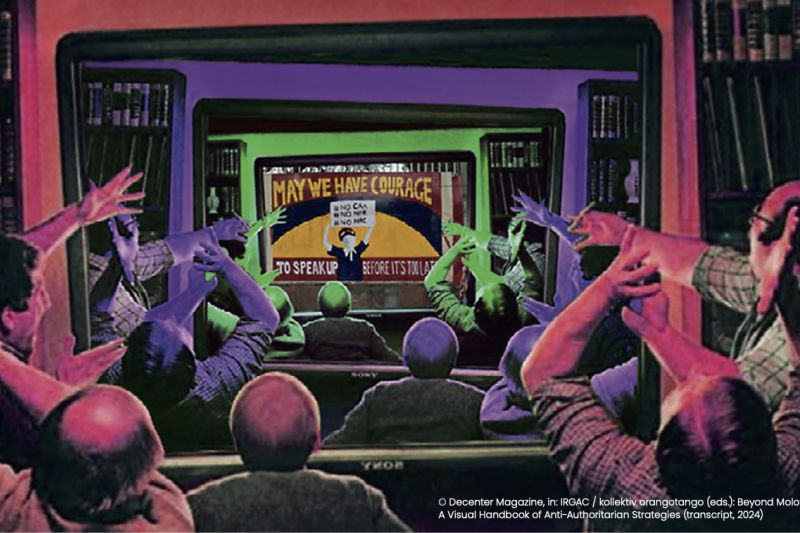In recent years, “gender” has become a politically charged term. Not only in Germany, but also internationally, issues of gender and sexuality are leading to highly controversial debates, for example on sex education, the regulation of abortion, gender-inclusive language, and the rights of transgender and intersex people. Current anti-feminist mobilizations are directed against gender equality and the liberalization of sexual policies. They are mostly supported by right-wing conservative to extreme right-wing and religious fundamentalist actors who regard gender and sexuality as predetermined by nature or God, and dispute the need for democratic political negotiation on these issues. Research on this phenomenon is booming. However, there is still a lack of systematic comparative analyses that also shed light on the historical depth of the phenomenon. The interactions between anti-feminism and processes of de-democratization have also not yet been sufficiently explored. The lecture offers an overview of this field of research as well as further questions.

© Martin Schäfer
Prof. Dr. Annette Henninger, born in 1966, has been Professor of Politics and Gender Relations at Philipps University in Marburg since 2009. She studied political science and completed her doctorate in 1999 at the Department of Political and Social Sciences at Freie Universität Berlin as a scholarship holder of the Hans Böckler Foundation on the topic of promoting women in labor market policy. After that, she held various positions in labor and gender sociology research projects at Chemnitz University of Technology, the Center for Social Policy at the University of Bremen, the Institute for Employment Research in Nuremberg, and the Berlin Social Science Center, most recently in an Emmy Noetzer research group on dual-career couples.
Her teaching and research focus on the intersectional effects of social, family, and labor (market) policy, gender policy interventions by social movements (especially women's movements, homosexual and queer activism), parties, and trade unions, as well as current anti-feminist mobilizations and their effects on democracy.
From 2017 to 2020, she led the BMBF project REVERSE “Crisis of Gender Relations? Anti-Feminism as a Crisis Phenomenon with the Potential to Divide Society” with case studies on anti-feminism in Germany; on January 1, 2026, she will take over as head of the LOEWE research cluster “Intertwining Anti-Feminisms: Gender, Democracy, and Authoritarianism in ‘Entangled Modernities’ (acronym GenDem)”, which analyses current and historical anti-feminist mobilisations in seven sub-projects, comparing different countries.
-
Beck, D., Habed A. J., Henninger A. (2024). Blurring Boundaries – ‘Anti-Gender’ Ideology Meets Feminist and LGBTIQ+ Discourses. Verlag Barbara Budrich.
-
Henninger, A. & Birsl, U. (2020): Antifeminismen. 'Krisen'-Diskurse mit gesellschaftsspaltendem Potential?. transcript. Open Access: https://www.transcript-verlag.de/978-3-8376-4844-7
The CGC strives to make its events as accessible as possible. If you require assistance to participate in our event, please let us know your support needs by October 2, 2025, by emailing cgcentrum@soz.uni-frankfurt.de. We will then endeavor to reduce any barriers within the scope of our possibilities.
The room is accessible via elevators. There are two accessible toilets on the first floor (1.G40s and 1.G40h).
There is an all-gender toilet (1.G40n) with standing and sitting toilets on this floor. There is also a FLINTA* toilet (2.G40q) on the 2nd floor of the CGC.

